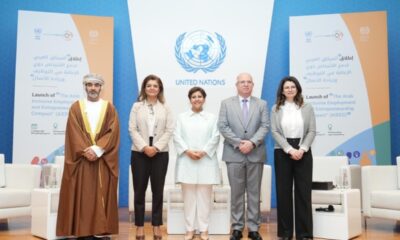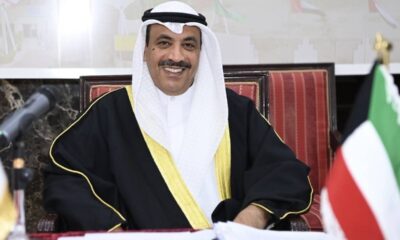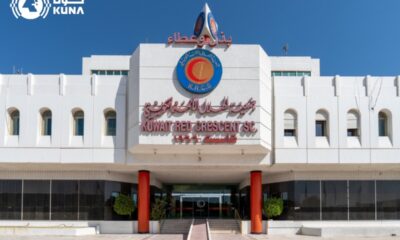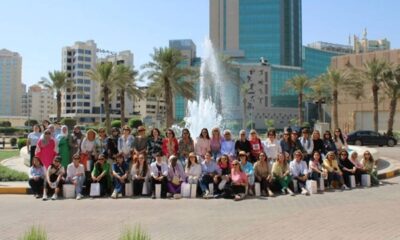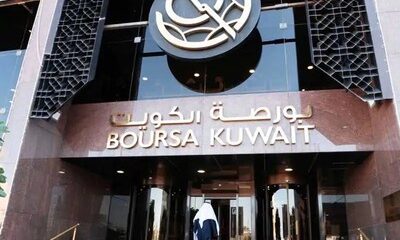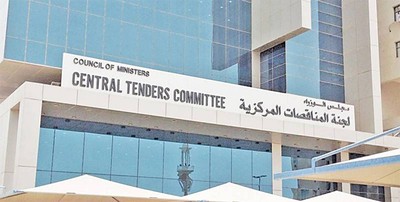Business
Gulf Bank Marks Earth Day by Reinforcing Its Commitment to Environmental Sustainability with Innovative Initiatives
-

 Latest News23 hours ago
Latest News23 hours agoMinister stresses crucial role of labs in advancing healthcare
-

 Latest News21 hours ago
Latest News21 hours agoToday in Kuwait’s history | Kuwait Times Newspaper
-

 Business23 hours ago
Business23 hours agoKuwait hallmarks 55 tons of precious metals in 6 months, generates $5.5M in fees
-

 Politics22 hours ago
Politics22 hours agoMunicipal Campaign In Hawally Issues 44 Violations For Encroachment Cases
-
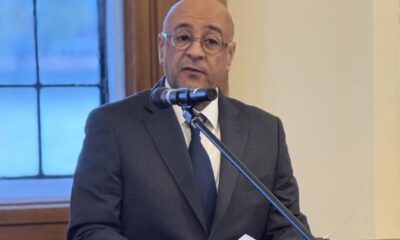
 Latest News13 hours ago
Latest News13 hours agoGCC chief hails deep-rooted Gulf-British partnership, ties
-

 Politics14 hours ago
Politics14 hours agoEgyptian and his son get 3 years in prison for bribing bailiff
-

 Business24 hours ago
Business24 hours agoAsian markets extend gains, with Chinese shares up more than 1%, after Wall Street rally
-
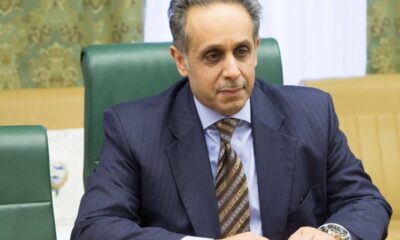
 Latest News19 hours ago
Latest News19 hours agoKuwaiti Ambassador: Pres. Erdogan’s visit “renews” cooperation vision, boosts ties



